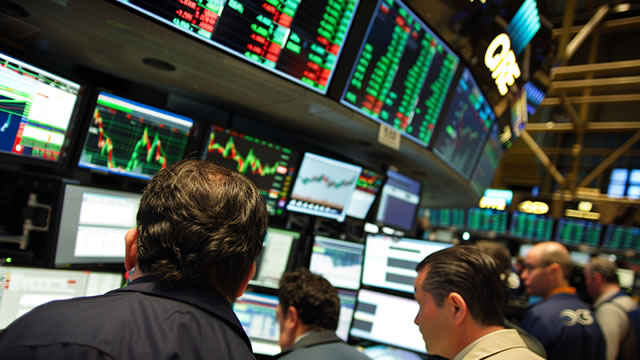Is the President Playing a Dangerous Game with the Economy?
The Power Play of Economic Leverage
So, the president seems to think that the economy is like a high-stakes game of poker, where having a strong hand gives you the upper hand against your opponents. And he’s not entirely wrong – the economy is a powerful lever that can be used to gain advantages in negotiations with other countries. But the real question is, at what cost?
The Cost of Economic Warfare
By implementing tariffs and trade restrictions, the president is flexing the muscles of the economy to put pressure on other nations to bend to his will. But at the same time, these tactics can have serious consequences for American businesses and consumers. Prices may go up, jobs may be lost, and the overall health of the economy could suffer.
While it’s important to stand up for the interests of the country, it’s also important to consider the long-term effects of these actions. Is the short-term gain worth the potential long-term damage?
How Will This Affect You?
So, how will the president’s economic tactics affect you, the average American? Well, it could mean paying more for everyday goods, as companies are forced to pass on the costs of tariffs to consumers. It could also mean job insecurity, as businesses struggle to navigate an uncertain economic landscape. And it could mean a weaker overall economy, which could have ripple effects on everything from interest rates to retirement savings.
How Will This Affect the World?
And what about the global impact of the president’s economic maneuvers? Well, it could lead to strained relationships with key allies, as they feel the pressure of the United States’ economic leverage. It could also spark retaliatory actions from other countries, leading to a full-blown trade war that could have devastating effects on the global economy. In short, it’s a risky game that could have far-reaching consequences.
In Conclusion
In the end, the president’s use of the economy as a weapon is a high-risk, high-reward strategy. While it may yield some short-term victories, the long-term costs could be steep. It’s important to approach economic negotiations with caution and foresight, rather than relying solely on brute economic force. After all, when it comes to the economy, it’s not just about winning – it’s about winning smart.





